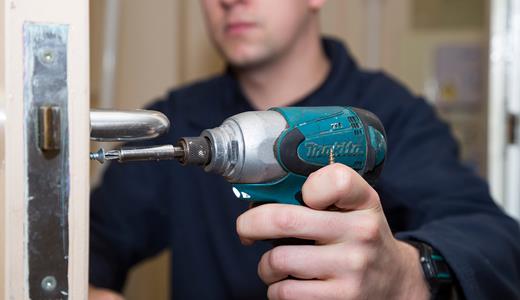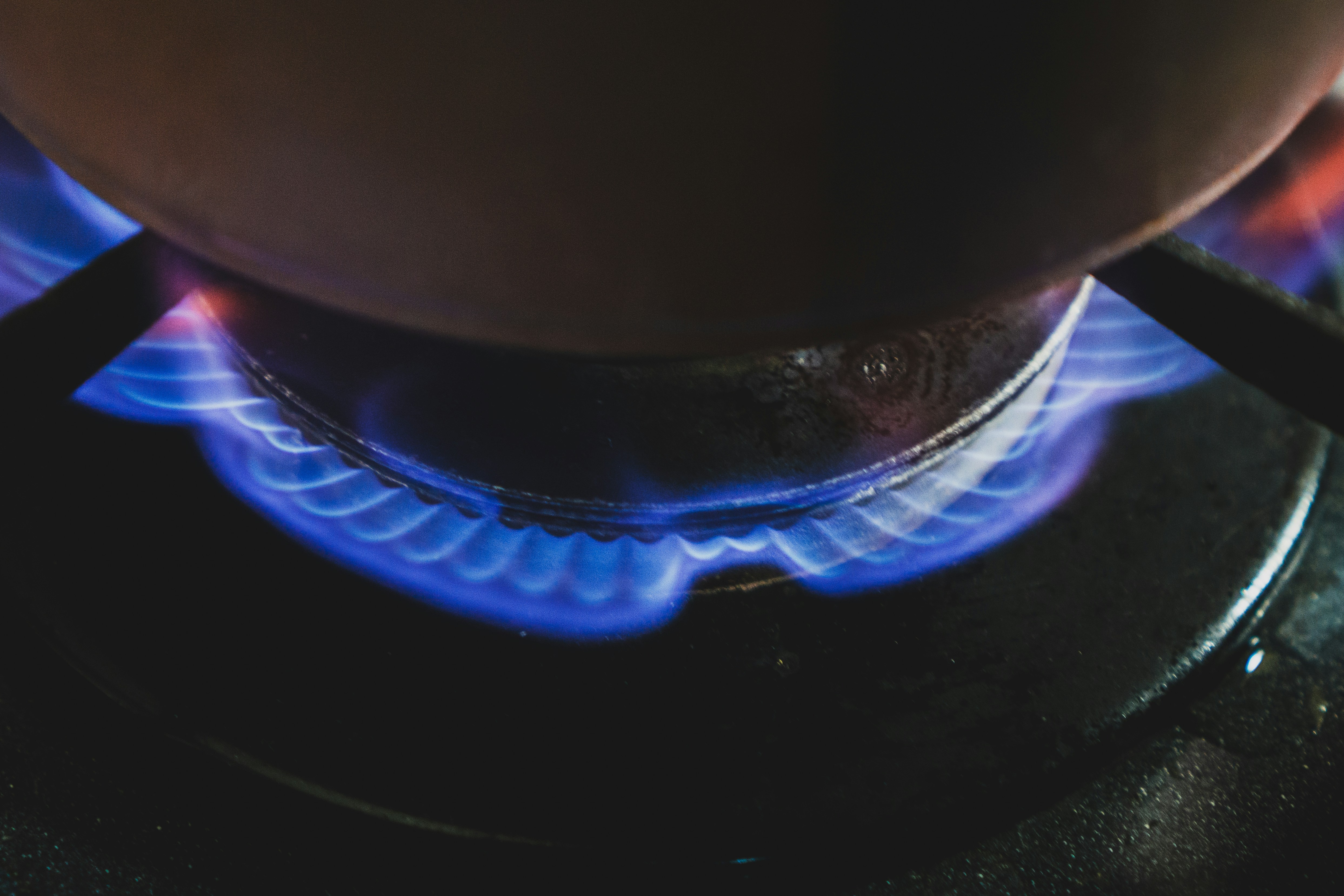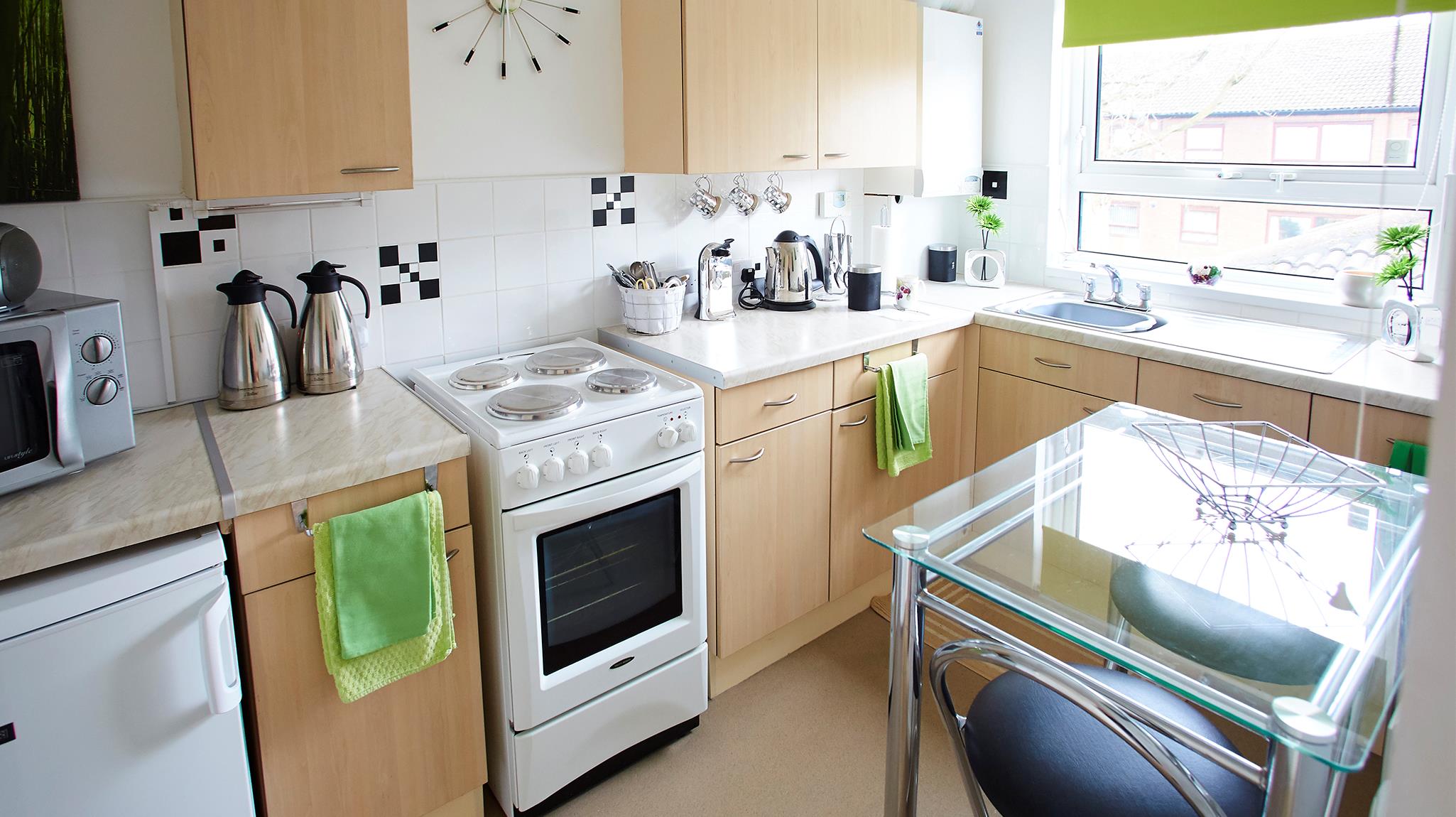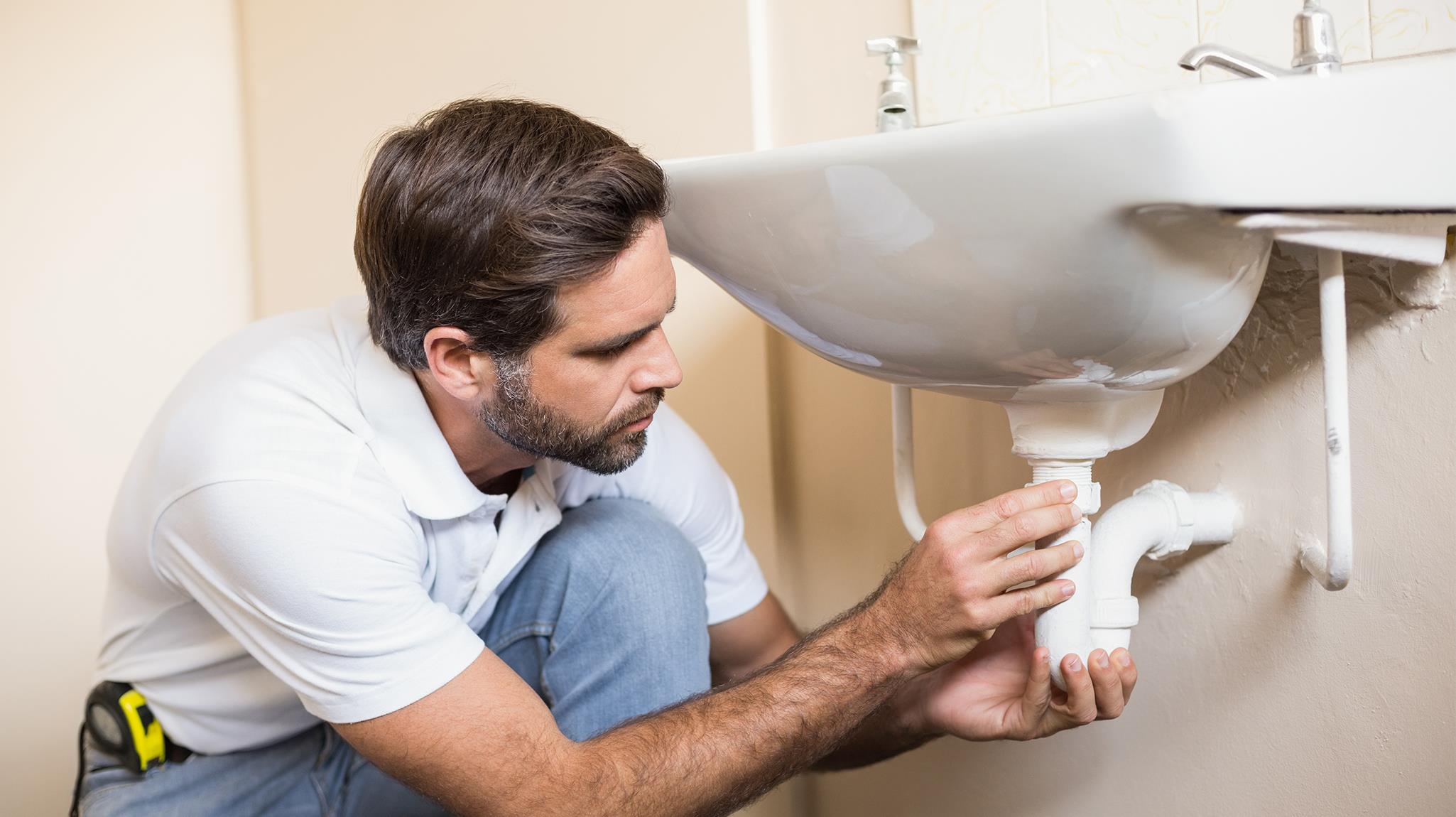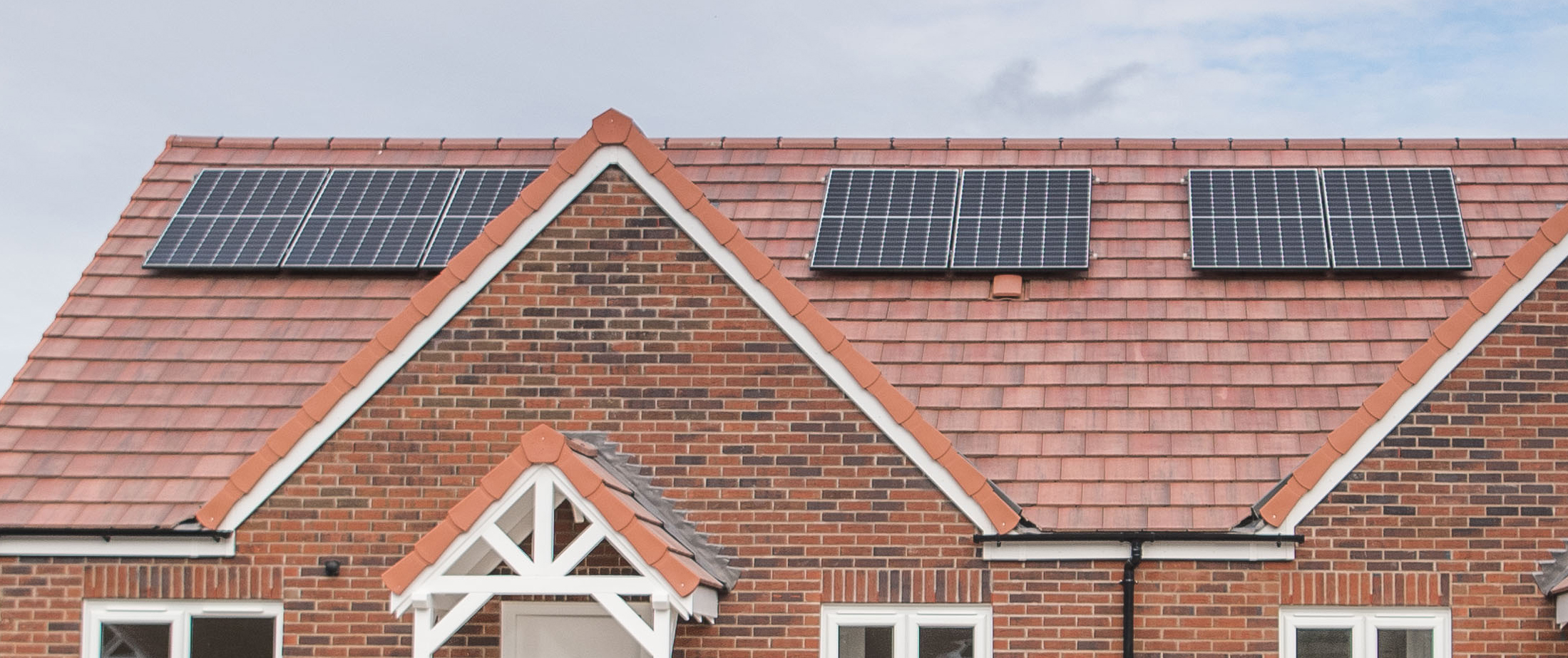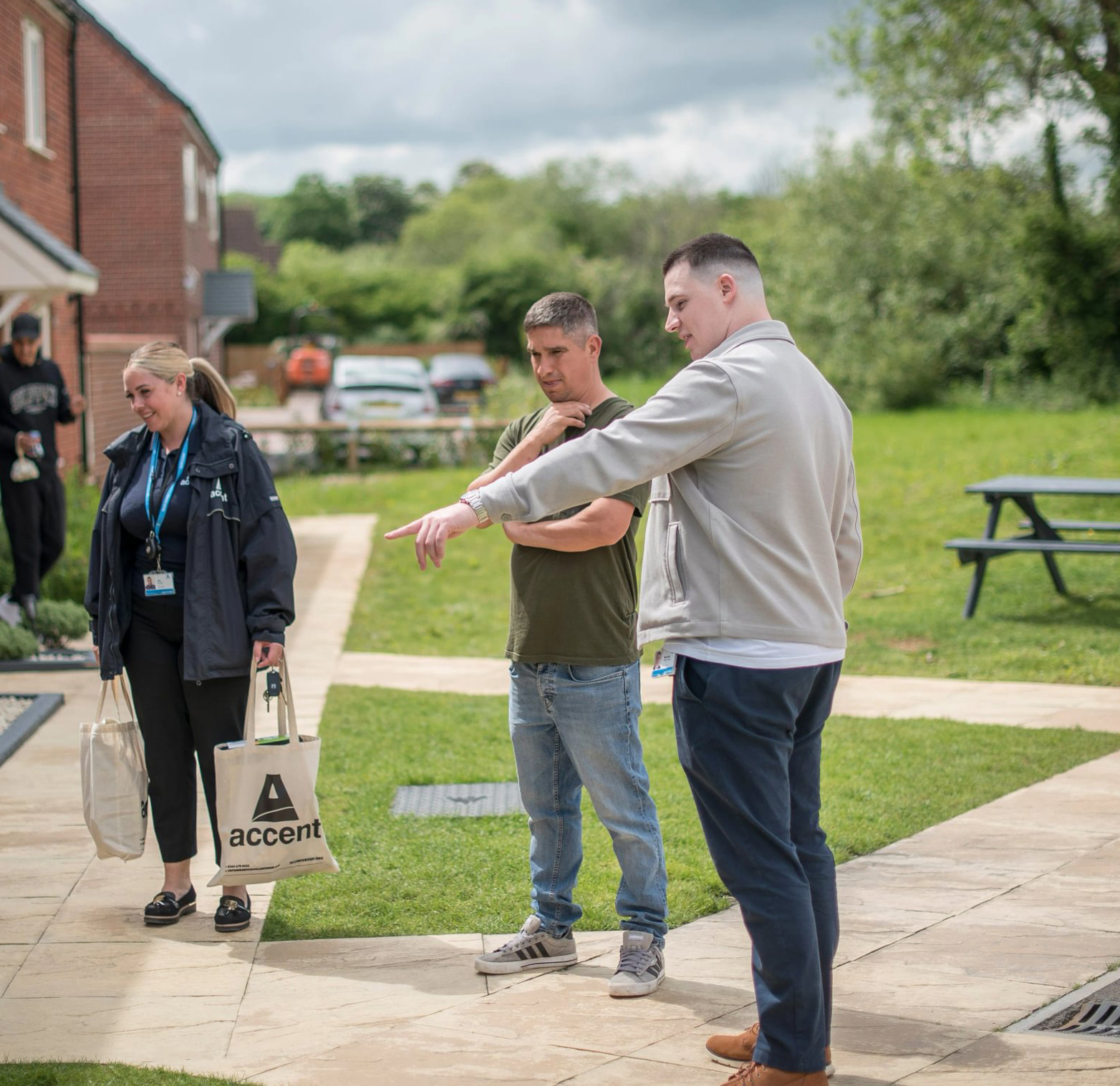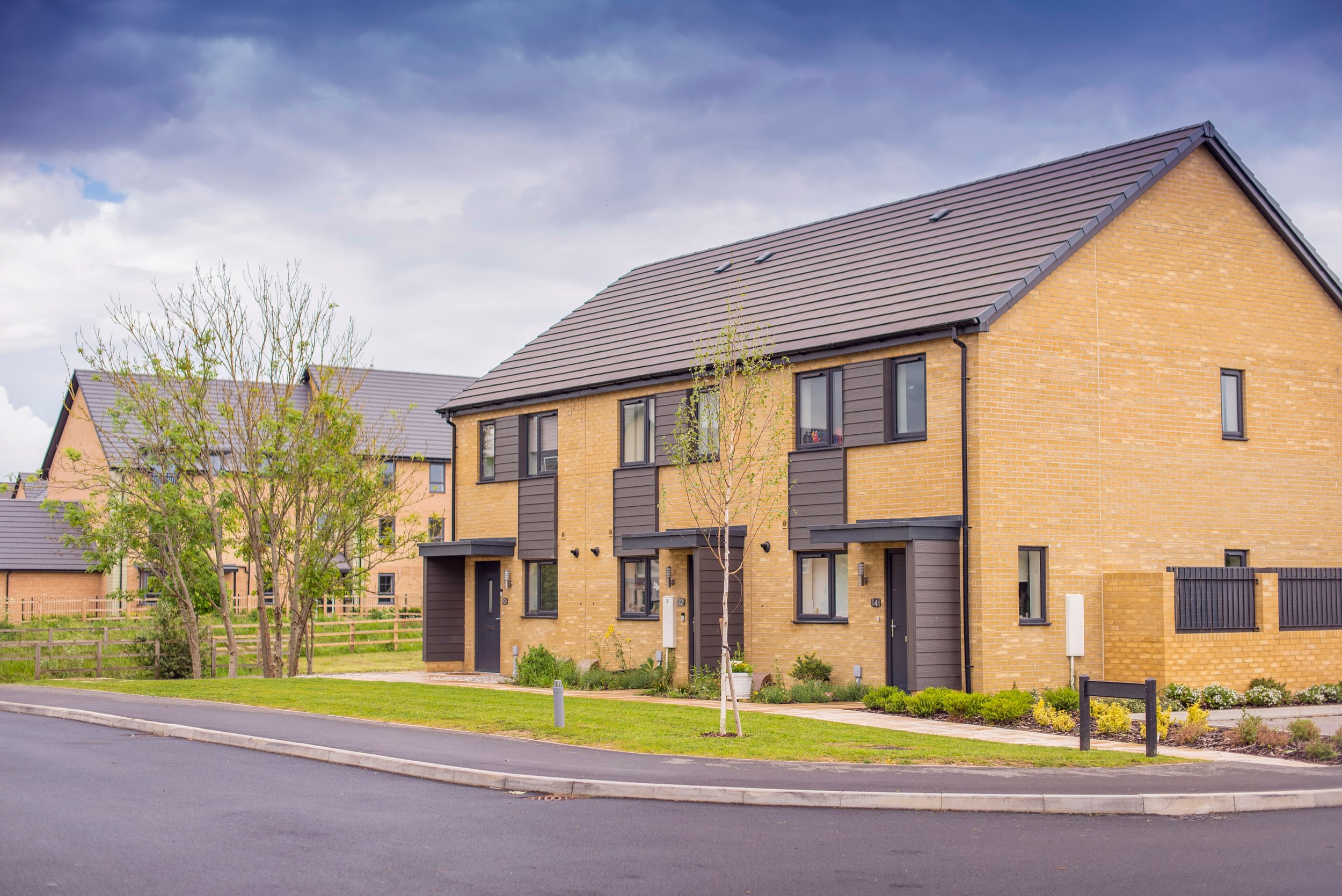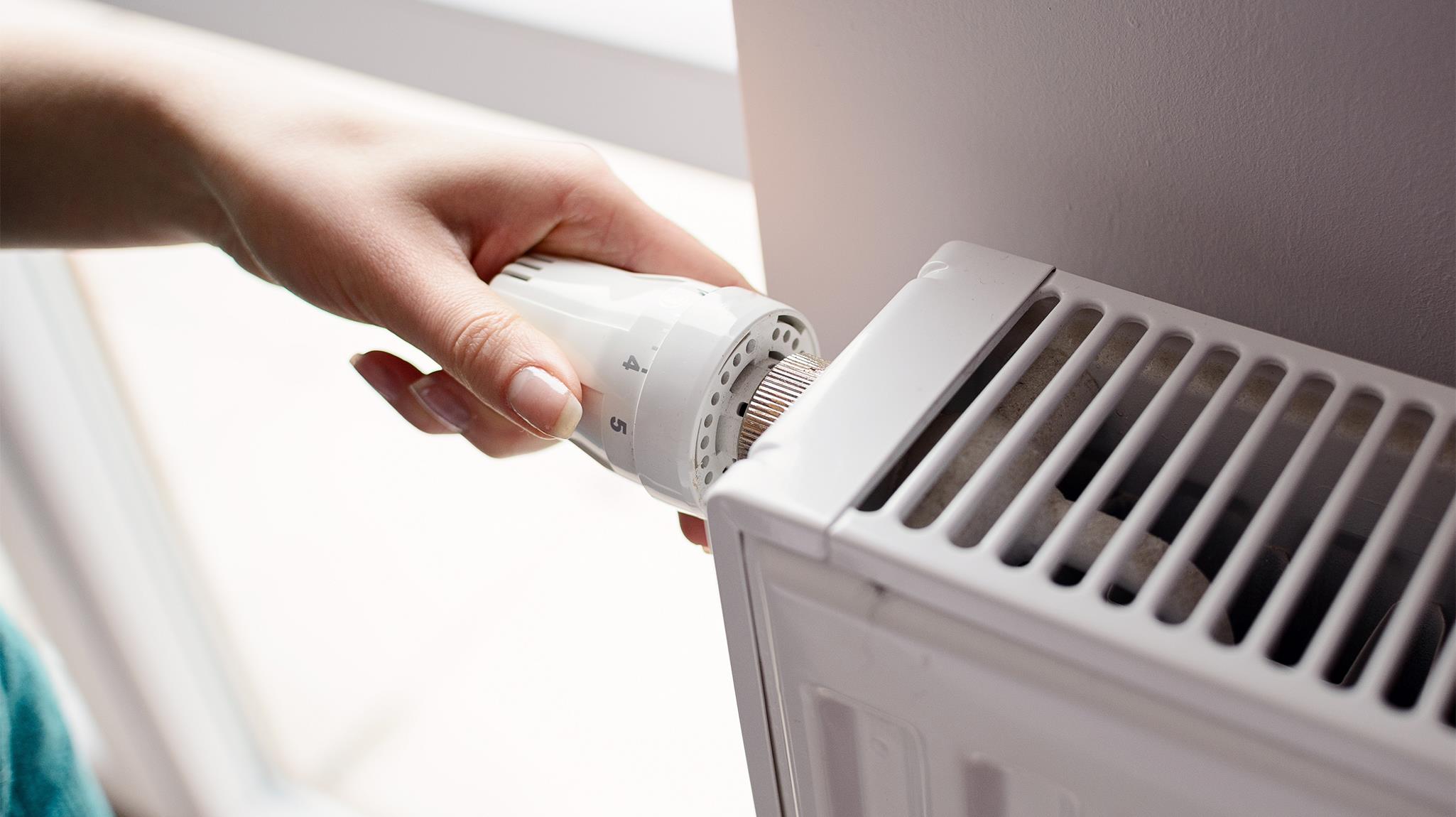What to expect when we work on your electrics
To ensure your home is comfortable, modern and warm, we’ll work on your home’s electrics at regular intervals. This means the electric installation in your home will be in line with the latest regulations.
If you have any questions or would like more information about your electric installation upgrade, get in touch with us via the form on our Contact us page.
The kind of work we’ll carry out when we maintain or upgrade your home’s electrics might include:
-
installing a modern consumer unit, also known as a fuse board
-
installing a mains-operated heat detector in the kitchen, and a smoke detector on each floor of your home
-
installing a new extractor fan in the kitchen and bathroom
-
testing any light fittings you have installed and replacing any found to be not safe with standard fittings
-
upgrading power points with single socks to double sockets – and giving you extra sockets as needed to comply with regulations (usually you can choose where these go)
-
replacing any outdated light fittings and switches
-
fitting an outdoor light by your front and back doors
-
replacing the electric cooker point in your kitchen
-
fitting sockets under worktop electrical appliances
-
installing a safety device that switches off power (trips a fuse) if there’s a fault with the wiring circuit device or an appliance, protecting you against electric shocks or fire
We’ll also test existing electrical wiring – anything not up to standard will be replaced. We might also upgrade the earth wiring to your electrical installation.
Once we’re done, your new electrics will be tested and certified.
If you’re due to have a new kitchen installed, we’ll time the electrical work to take place at the same time.
We’ll contact you to let you know about plans to maintain your electrics, and which of our contractors will be carrying out the work.
Our contractor will get in touch to introduce themselves and explain what sort of work they’ll be doing. They’ll let you know if you have any choices in colour or design, and clarify how long they expect the work to take. They’ll also put you in touch with a liaison officer who will chat to you about any access arrangements and contact you before the work starts. They will be your main point of contact for any general questions you might have.
From time to time there might be unexpected changes to the schedule. We’ll keep you posted if this happens.
If you have any questions about your electrics being replaced, please get in touch.
Asbestos surveys
Before the work starts, we might also want to carry out an asbestos survey in your home. This is a routine safety check, and nothing to worry about.
We need to check there’s no hidden asbestos which could be disturbed when work is being carried out. If we do need to do a survey, our specialist contractor Environtec will contact you directly. If any damage is caused, we will repair it when the work is finished.
Not every home needs an asbestos survey.
Our contractor will follow safe working practices but there will be hazards in your home while the work is being done, such as building materials, equipment and raised floorboards. You’ll be given safety advice which you and your family should follow. You should follow the safety advice given to you whilst the work is being done.
The safety of you and your family, and our contractors, is our top priority.
Our contractors should always wear the correct PPE, (personal protective equipment) but if you’ve got any concerns this isn’t happening, let us know – we’ll never risk your safety, and neither should our contractors.
Your electric installation upgrade will normally be finished after two or three working days – although if it needs more extensive work, this will delay things. We’ll make sure you know about this before we start working.
After the work’s finished, our contractor and planned works project manager might visit to check the completed work.
The contractor or project manager will tell you what you should do to prepare your home for our visit. This might include:
-
emptying the cupboard where your fuse board is
-
safely storing electrical items like your television or any valuable objects so they don’t get damaged
-
removing any lampshades or glass shades
-
moving furniture near sockets or in rooms where access to wires under the floorboards is needed
-
lifting or loosening carpets throughout the house to give access to wiring, including your landing
-
lifting laminate flooring (if an alternative cable route can’t be found)
-
removing obstructions to the loft or cellar and clearing space inside
If you have any special needs which make it difficult for you to lift or move large items, our contractor may agree to move furniture or flooring for you.
However, they can’t accept any liability for damage to your belongings so they might ask you to sign a form to say you agree to this.
This kind of maintenance affects every room in the house, which can be quite disruptive. We’ll do whatever we can to keep noise to a minimum and work as quickly as possible.
You’ll only be without power for a few hours. You might also experience a minor interruption to your heating and hot water supply, as we might have to turn these off to work on their electrical controls.
The bulk of the work that creates dust will happen on the first day, when we may cut channels into your walls for new and replacement sockets. Our contractor will always lay dust sheets, and clean up mess and tools at the end of each day.
If you expect to find the work very stressful, you might decide to spend some of the time away from your home. If you do, just let the planned works project manager or contractor know.
The contractor will show you how to operate your new consumer unit (fuse board) and leave you with details of how it works.
If you have any more questions or need any more information about your installation, chat to your planned works project manager or contractor.
My new consumer unit keeps switching my power off
Your new electrical installation includes a highly sensitive safety device called a consumer unit or fuse board. This will switch off your entire home’s power if it detects something’s wrong with the wiring circuit or an appliance.
If you’re finding that this system is switching itself off (tripping) for no reason, unplug all electrical appliances before resetting.
If the system resets, you will need to plug in each appliance one at a time, watching to see which one triggers the system to trip.
Once you’ve worked out which appliance is faulty and tripping the consumer unit, unplug that appliance and reset the system. You’ll need to repair or replace the faulty appliance.
If it still does not reset and keeps tripping, please unplug all electrical appliances and phone us on 0345 678 0555, and we’ll put you in touch with our Technical Hub team.
If you’re a homeowner, you’ll most likely be responsible for repairing and maintaining your home, which will include your electrics.
However, if you want to do maintenance yourself, you might still need our permission before you start.
You can find out more information about upgrading your home in your agreement. If you are unsure about what your agreement says, please contact us and a member of the leasehold and homeownership team will get back to you.
Respect for you in your home
Our friendly contractors will always treat you and your home with respect. You can expect them to clean up their mess and pack away equipment at the end of each day.
When the work is completed you will be shown how to use any new equipment and left with the relevant instruction manuals.

